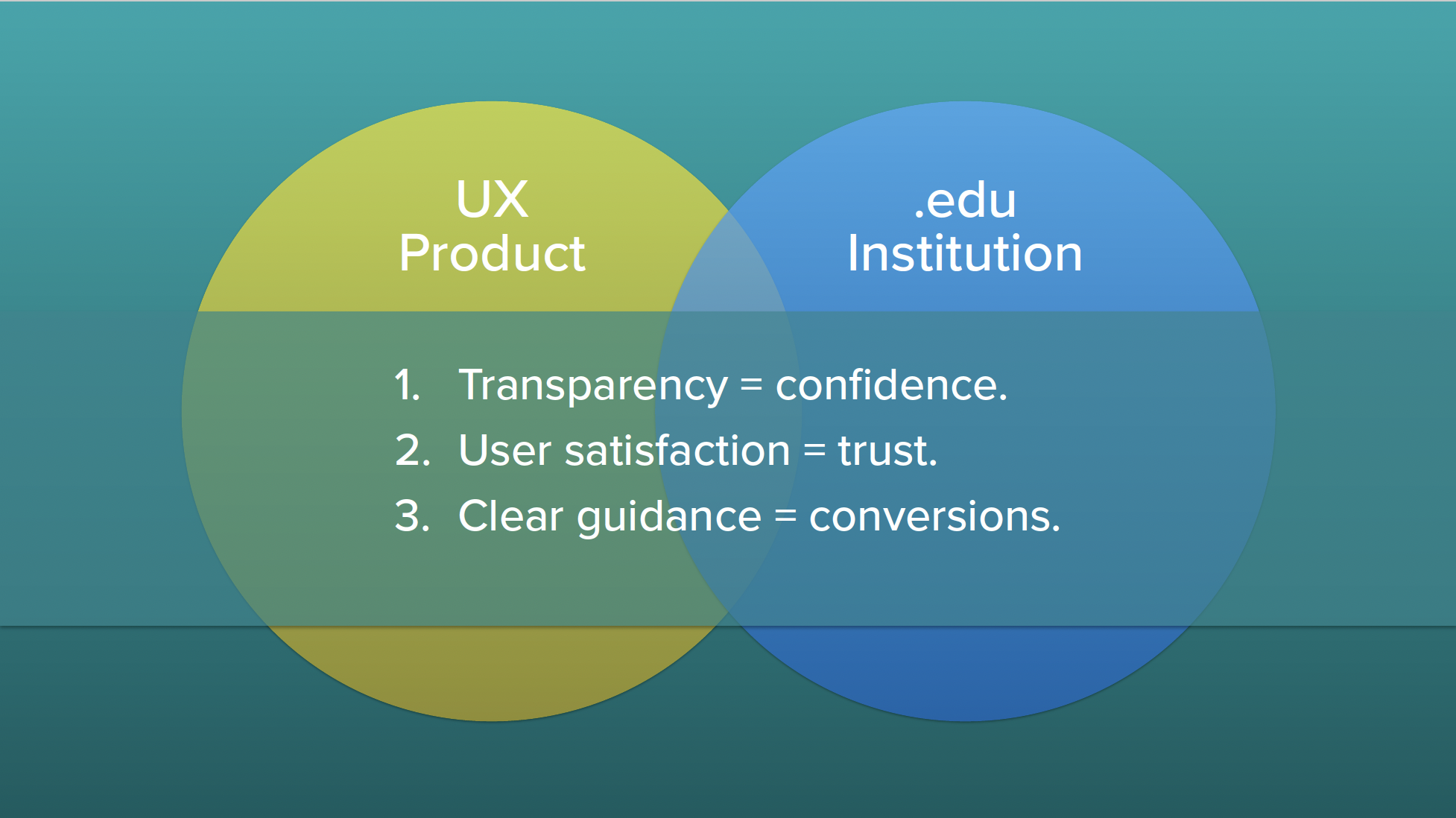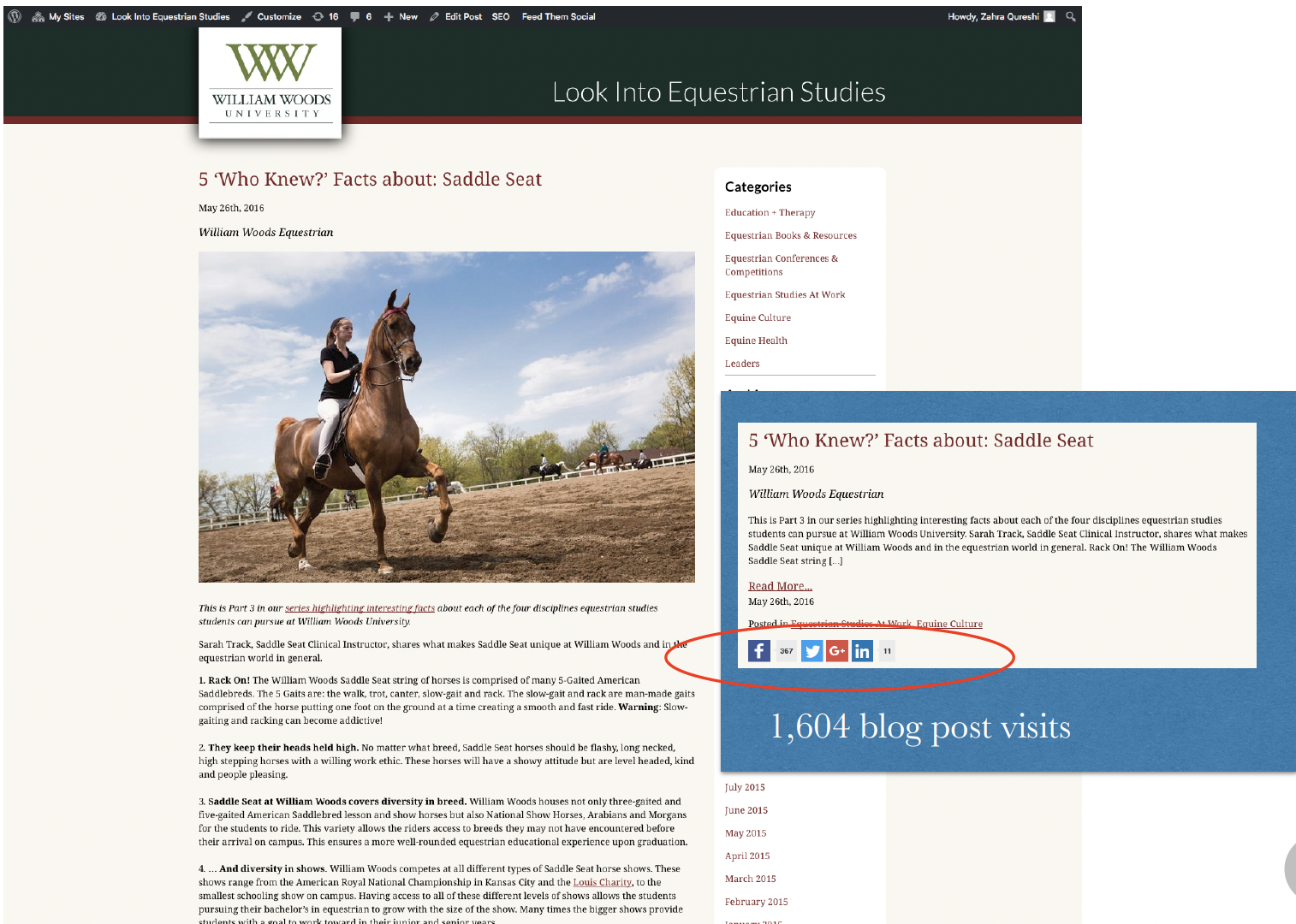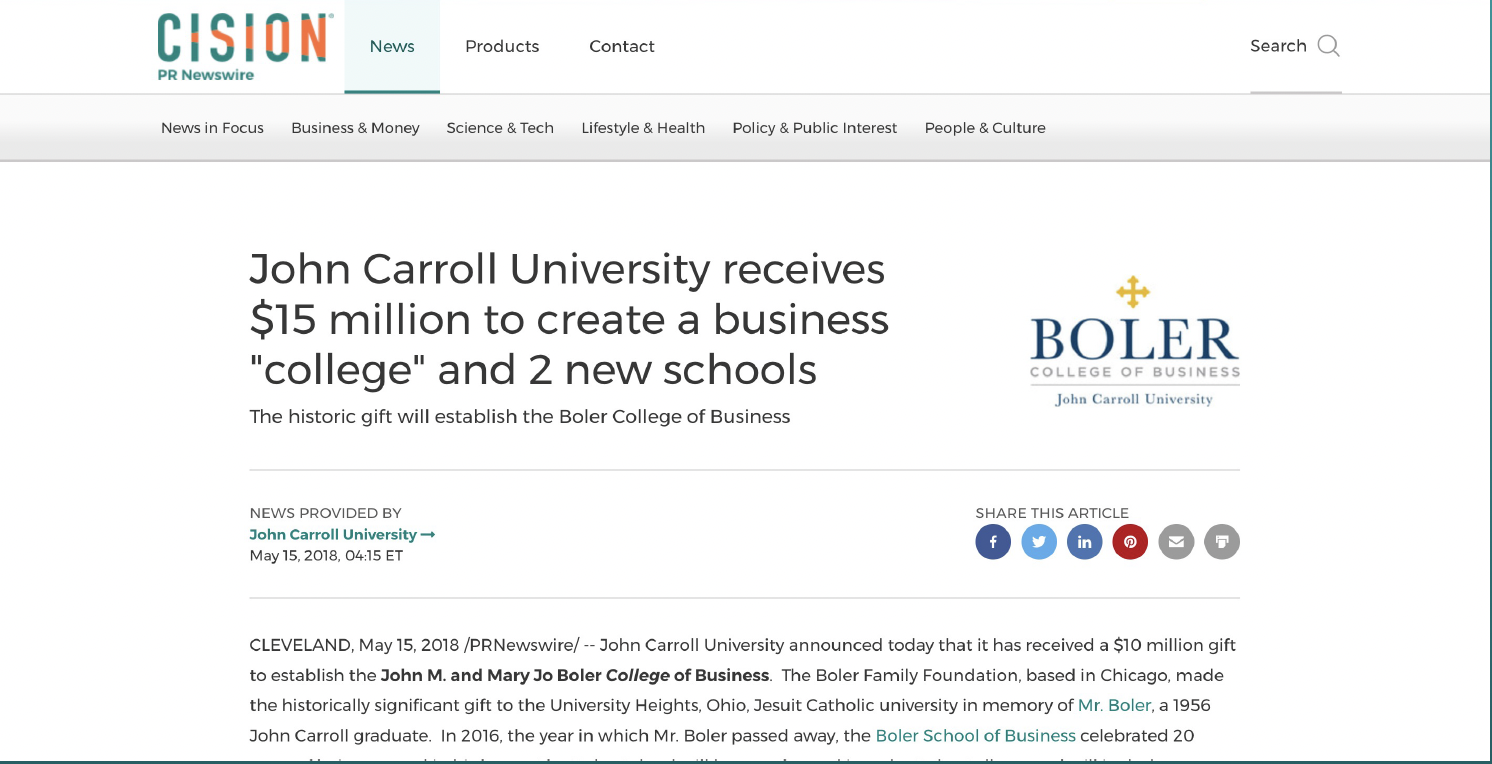
On September 20, we hosted Todd Erkel, Chief Content Officer for Elliance, in a compelling webinar titled "Web Smart Writing - How Great Content Feeds a Winning Strategy."
In this enriching session, Erkel unfolded a three-pronged approach to effective content creation for the digital age.
Diving into the intricacies of user experience (UX), the importance of search engine optimization (SEO), and the ancient power of storytelling, he provided a roadmap for communicators navigating today's digital landscape.
Join us as we recap the insights and strategies shared in our latest webinar, revealing how the synthesis of UX, SEO, and compelling narratives can shape successful content that resonates deeply with audiences.
Erkel emphasized the critical importance of UX in content strategy and web writing. He drew from various examples and highlighted key pillars of an effective UX strategy, such as:
Situational awareness and the need for content creators to constantly ask themselves, "Who is my audience?" before crafting a piece. By understanding the audience, you can cater your content to resonate with them.
Anticipatory guidance realizing that every page or block of copy should have a clear call to action. This makes the user's journey intuitive and drives conversions.
Voice and inclusiveness to speak to users as you would a friend, and ensure your content resonates with the larger audience. Consider questions like "Do I belong here?" to ensure inclusive content.
Affirmation of brand as UX is intrinsically linked with brand identity. Every user interaction should reinforce the brand's core values and messaging.
Erkel showcased practical examples from various domains from higher education websites like Florida Polytechnic University's site.
Concluding his segment on UX, Erkel offered some golden nuggets of wisdom:

Erkel discussed the significance and impact of strategic content formulation on increasing visibility and profitability for educational institutions and provided some used-case examples from his efforts with high-ed institutions:
Case Study: William Woods University:
William Woods University focused on content as a key driver for engagement, leading to a surge in website traffic, top Google rankings for various terms, and a massive increase in social media followers. This also allowed the school to achieve their business objectives, including driving down the cost per enrolled student.

Case Study: John Carroll University:
Erkel shared how his team shaped the university's brand position and subsequently launched a digital magazine and two blogs. The focus on content and SEO led to top rankings for terms related to their programs, which in turn drove enrollment and attracted donors.

Case Study: Carnegie Mellon University:
After struggling to attract the right students to their new Master of Product Management program, a shift to a content-focused strategy resulted in a 12x increase in enrollment and a marked improvement in student quality.
Erkel concludes with the idea that the right combination of technical and strategic skills in the digital domain can lead to successful SEO results, driving growth and profitability for institutions.
The overarching theme is that with the right content strategy, colleges and universities can leverage SEO to reach a wider audience, driving enrollment and revenue.
Erkel's perspective on storytelling emphasizes its deep-seated impact on the human psyche and its role in effective communication.
This part of the webinar focused on the
Evolutionary Basis:
Erkel shared evidence from evolutionary biology that humans have been storytelling for as long as we've been on earth. The brain responds more actively to a story than mere information.
Mapping the Story:
A basic narrative arc can be applied to various forms of content to make it more engaging. This arc introduces story elements that might not have existed in the content before.
Simplicity in Storytelling:
An example of Boston College's time-lapse video is given to highlight that a compelling story doesn't always need words. It can be simple yet profound.
Value of Faith:
More than information, people seek faith—in the communicator, their intentions, and the story they narrate, Erkel says. The ultimate goal, irrespective of the medium, is to enhance the trust and faith that the audience has in the story being told and the credibility of the storyteller.
Erkel's message is a reminder of the timeless power of storytelling and its ability to connect, engage, and inspire audiences. While information is abundant, meaningful narratives that resonate with readers are still in demand.
As outlined, understanding the intersection of user experience, SEO, and storytelling is paramount.
Erkel's insights offer a fresh perspective on weaving these elements together to craft content that truly engages and resonates.
If you haven't had a chance to watch the webinar, we recommend you tune below:
Last Updated: Oct 5, 2023 11:00 AM